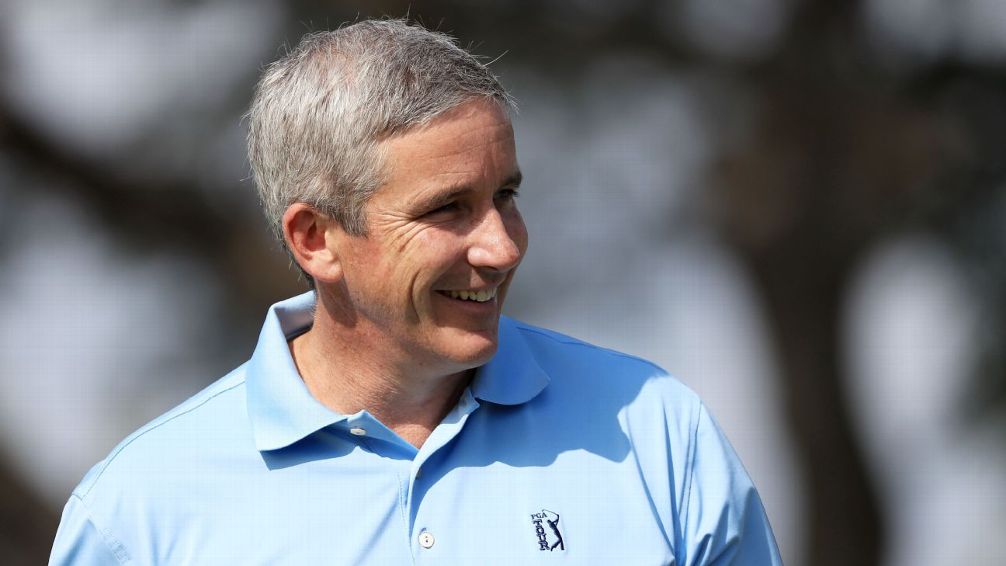The European Tour introduces a shot clock tournament this year in response to a growing sense the pro game takes too long. And while we have not seen the slow play "personal war" predicted by Chief Executive Keith Pelley when he took the job in 2015, the European Tour continues to suggest that it sees where the world is headed: toward shorter, tighter windows for sporting events.
Major League Baseball is working desperately to shorten games. Bold proposals will be floated at the upcoming owners meetings, even to the point of experimenting with radical plans for extra innings. This comes after the first wave of pace initiatives did not go far enough.
The NBA has already limited timeouts at the end of games and cut TV timeouts. The end of a game moves better.
The NFL attempted to address fan concerns about their long games but only made a half-hearted attempt at picking up the pace. At least they tried.
Even professional tennis is experimenting with a much faster product for the "NextGen".
The PGA Tour avoids enforcing its pace of play rules and, as we saw at Sunday's 6-hour Farmers Insurance Open that was tainted by J.B. Holmes, this is a tour rallying around a player who openly defied (paying) fans, his playing partners and common sense. He knew he could not be penalized so why rush?
We could blame the PGA Tour's slow-play apathy to now-retired Commissioner Tim Finchem's disdain for penalty strokes and his obsession with vanity optics (such as players taking off their caps to shake hands). Those concerns of the Commissioner's office about a player's brand taking hit made enforcement impossible for the tour's referees, who also face pressures in moving fields around from faster greens and distance-driven log-jams on half-par holes.
There was hope new Commissioner Jay Monahan would follow the progressive lead of colleagues like Adam Silver (NBA) or Rob Manfred (MLB) and realize that younger fans are far more interested in action sports that take less of their time. But forget the kids. Who can watch a sport that takes over five hours and featuring players who have no regard for anyone else but themselves? Imagine paying $55 to watch a guy not play ready golf and playing only when he absolutely feels ready.
By signaling this week he sympathized with the supposed plight of Holmes, Monahan confirmed he will not use the power of the Commissionership to speed up play. All Monahan had to do was suggest that with high winds and pressure, it was a tough spot but the fans were right to believe this was a less-than-ideal look for the sport, particularly at a time millions of non-golf fans had tuned in for the Grammy's.
Instead, Monahan made it hard to believe his tour is interested in gaining new fans or in addressing the concerns of longtime fans that some of today's players are just too slow to watch. The Holmes incident captured on camera what paying fans all-too-often see during a PGA Tour event: a player taking much longer than their allotted 40 seconds.
Meanwhile, the European Tour is forging ahead with pace-related initiatives on multiple fronts designed to draw in new fans and intrigue those bored with the sport. While some of the measures are extreme and a middle ground with the PGA Tour position is the ideal, at least the European Tour is building off of the prevailing view after golf's 2016 return to the Olympic Games: the professional sport is woefully ill-equipped to compete in the global sports marketplace at its current pace, scale and preferred format. The pro game will fade into irrelevance if it does not adapt in a world that loves sport more than ever, just in smaller doses.






















